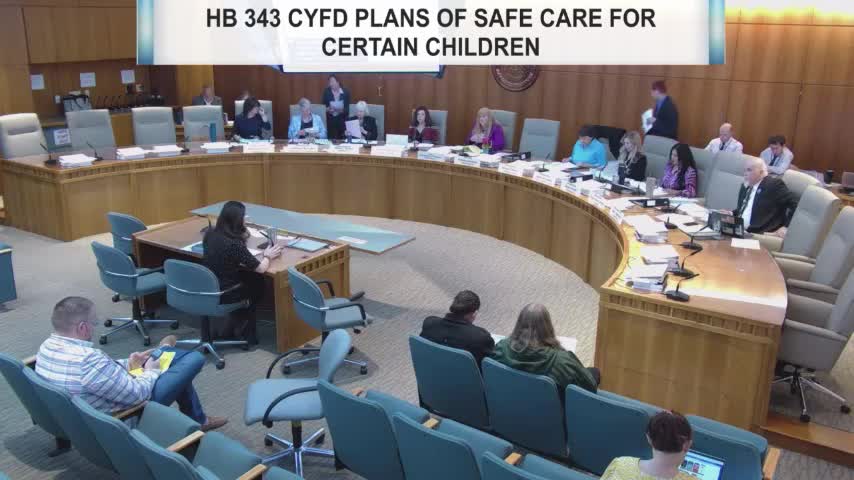Article not found
This article is no longer available. But don't worry—we've gathered other articles that discuss the same topic.
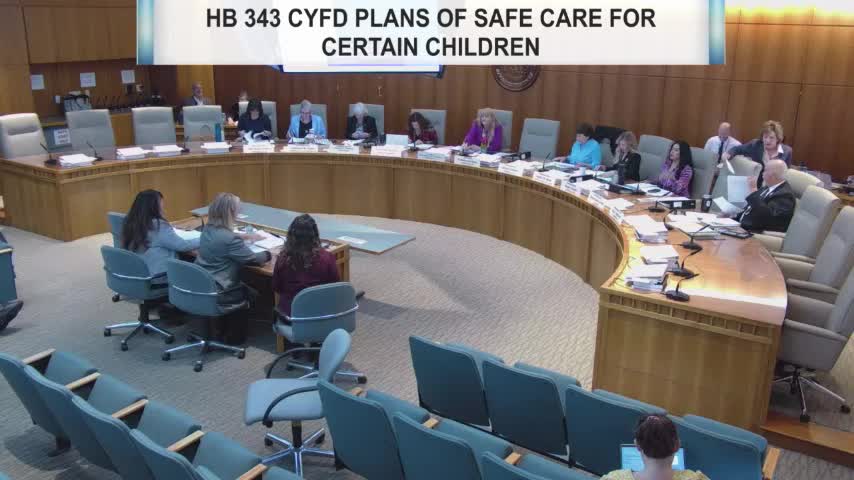
House committee approves substitute to shift 'plans of safe care' lead to Department of Health
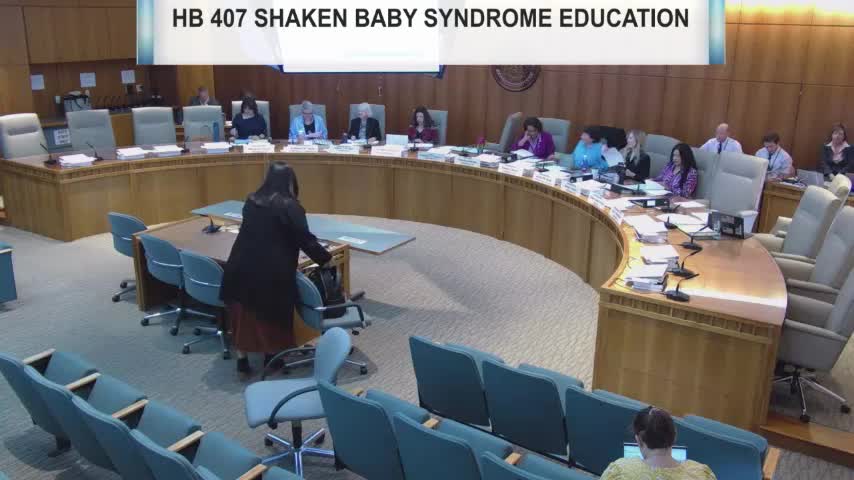
Committee recommends $300,000 appropriation to update shaken-baby education materials statewide

Committee recommends New Mexico join the Physician Assistant licensure compact to ease provider mobility
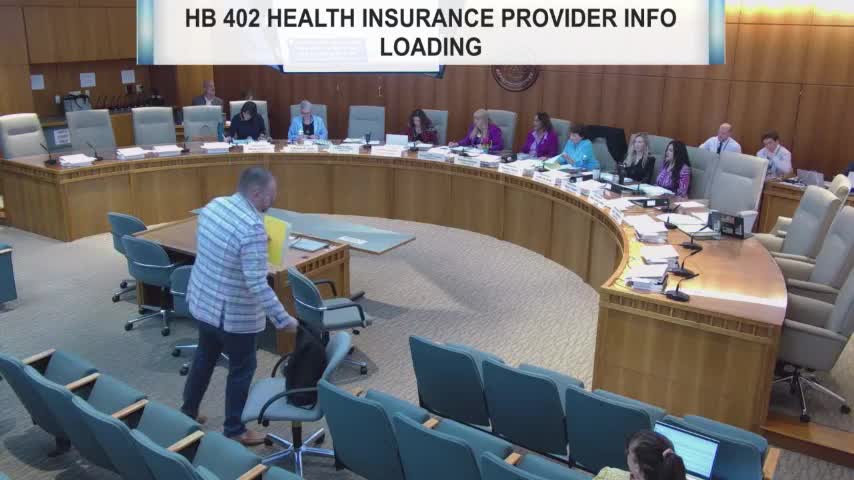
Committee backs three-year pilot providing monthly stipends for foster youth and formerly incarcerated students
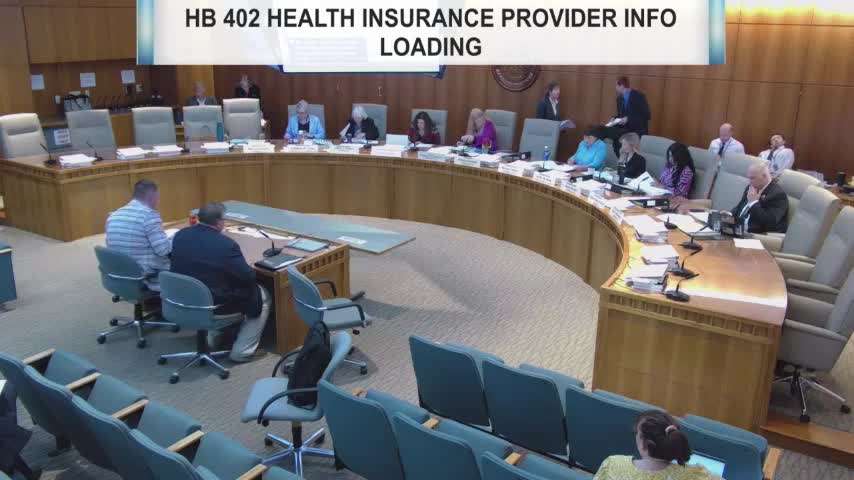
Committee approves bill to speed dentist credentialing with 30-day standard and clarifying amendment
